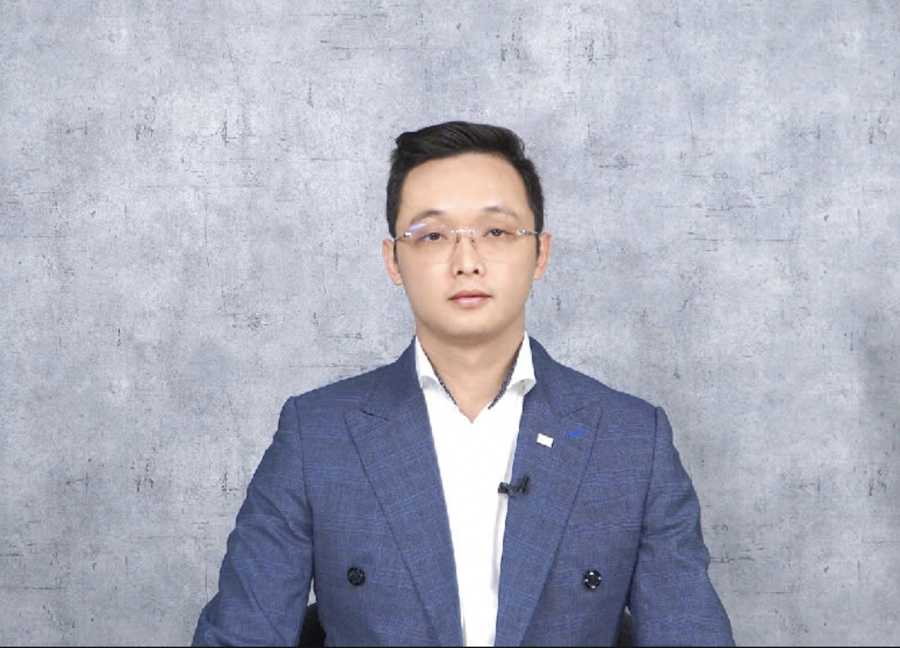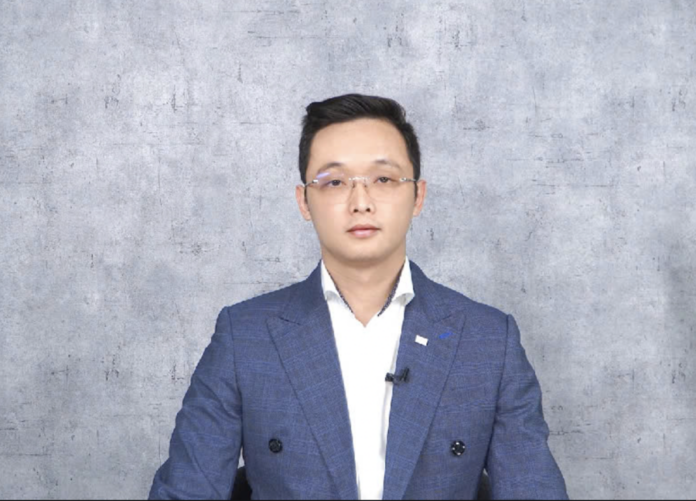The Federal Reserve’s decision to maintain interest rates at 4.25%-4.5% in their latest meeting has sparked global attention, particularly regarding its potential impact on global cash flow dynamics.
Prior to this decision, foreign investors had been consistently selling in frontier and emerging markets, including Vietnam. Now, experts are curious about how this Fed move will affect the Vietnamese stock market and the flow of investment in the coming months.
In a recent ‘Phố tài chính’ talk show, Mr. Tran Quoc Toan, Director of Branch 2 at Mirae Asset Securities Company (MAS), shared his perspective on the Fed’s cautious approach, given the persistent high inflation in the US, as indicated by the recently released CPI figures for April.
Mr. Toan predicts that the Fed will likely resume its rate cut cycle by mid-year-end, and this expectation, combined with the weakening US dollar, has already triggered a capital flow reversal in April.
Global investment flows are shifting, and after the tariff tensions, there is a strong inflow of capital into Asian markets, especially China. It’s too early to determine if this trend will persist, but a rate cut in the US could make emerging markets more appealing to investors as their currencies strengthen against the greenback.
Foreigners have sold a net of nearly VND 37,400 billion on HoSE since the beginning of the year until May 13. However, a bright spot emerged in May, with foreign capital inflows of nearly VND 2,000 billion, following the trend in other Asian emerging markets.
This foreign capital has been actively invested in retail, real estate, and basic resources sectors. The expectation is that this buying trend will continue as tariff countermeasures ease, Vietnam reaches a reasonable trade agreement with the US, and the Vietnamese economy maintains its robust growth, outperforming other regional countries. Additionally, the stock market upgrade and attractive valuations also contribute to the market’s appeal.

In the long run, the economic growth prospects and profit growth of listed companies are crucial factors influencing foreign capital inflows. Additionally, Vietnam’s expected upgrade to emerging market status by FTSE in September could attract billions of dollars in active and passive fund inflows, significantly boosting the market.
The Vietnamese stock market has shown a remarkable recovery, surging by almost 20% since the US tariff announcement, led by large-cap stocks. With tariff concerns temporarily eased, the international market’s rebound, and substantial net buying by foreign investors, the short-term outlook for the index remains positive.
In the medium term, the focus is on the Vietnam-US trade negotiations and whether there will be a reduction in the 49% countervailing tax rate. The low-interest rate policy, government spending initiatives, private sector development, and targeted 16% credit growth will continue to underpin the stock market’s growth. However, tariff uncertainties warrant close monitoring to navigate potential challenges.
Mr. Toan forecasts a 12-15% profit growth for listed companies this year, driven by the banking and real estate sectors. The first group to watch is the banking sector, benefiting from high credit growth and well-managed asset quality, coupled with attractive valuations. The second group is consumer and retail, expected to rebound due to the robust domestic consumer market, especially modern retail systems that have demonstrated financial efficiency in recent quarters.
The third group is basic resources, specifically the steel industry, which is set to benefit from the revival of the civil construction and infrastructure investment sectors, along with improved profit margins due to reduced raw material costs.
Within these sectors, there is a clear differentiation between companies, and those with competitive advantages, strong financial positions, and sound strategies will turn challenges into opportunities, outperforming their peers. Investors should carefully select companies with promising prospects.














